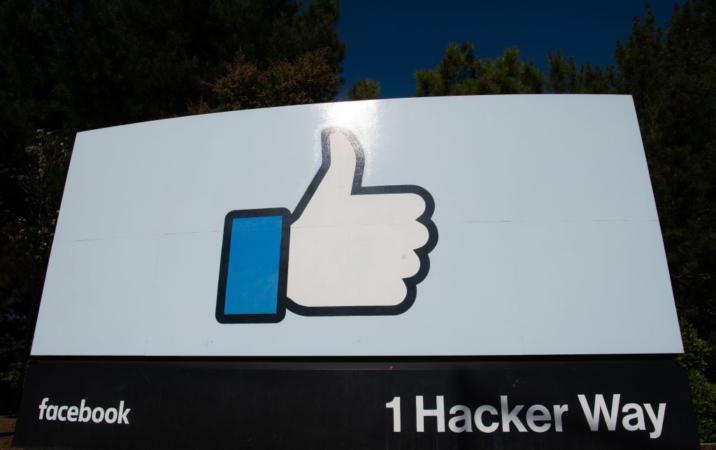After coming under frequent scrutiny for security breaches and violations, Facebook may now be championing an unexpected cause: privacy. A New York Times report suggests that the social media titan is reviewing options for users to have encrypted messaging. While Facebook views this secure option as a positive for its users, Attorney General William Barr sees the encryption as a negative for law enforcement.
“Mr. Barr said drug cartels, child pornographers and other criminals increasingly used and hid behind messaging apps that were beyond investigators’ access even with a warrant,” according to the Times.
Facebook offers a robust counterargument to law enforcement officials who suggest that new security layers will make tracking criminals even more difficult. According to Facebook, criminals will have even more victories if the company’s users lack options for additional security. Yet, for many, the privacy debate exceeds the scope of crime and justice.
As politics has shown, private social media messaging creates other societal ills, such as the spread of rampant misinformation about candidates to legions of otherwise uninformed users. However, Facebook is not the only message encryption advocate. According to Forbes, browser companies such as Alphabet and Mozilla are advocating for encryption that would allow users to surf the Internet with greater privacy. The concept has not gained traction with internet service providers and politicians.
The exchange between Facebook executives and federal officials represents the latest clash in the age-old privacy debate. Fortunately, the debate raises difficult but critical questions about the rights of users versus the right of government. Unfortunately, there is still no clear resolution in sight.

